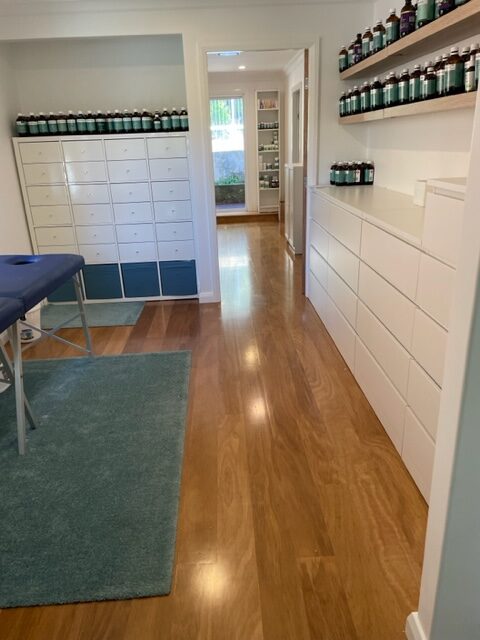Low iron levels can be overlooked as one of the leading causes of fatigue. Iron is one of the most important nutrients for maintains good energy levels and a strong immune system. The more at risk group of low iron levels include teenagers, the elderly, pregnant women, vegetarians and vegans. Commonly I find clients with poor gut health can have a tendency to low iron levels due to poor absorption of iron.
Some of the most common symptoms of iron deficiency are
• Fatigue and lethargy;
• Frequent colds and flus;
• Paleness inside the mouth and lower eyelid;
• Fuzzy head, not thinking clearly;
• Low body temperature;
• Dizziness; and/or
Restless legs or leg cramps at night.
What foods contain iron?
Common reason for iron deficiency is a diet low in iron sources. Include plenty of iron-rich foods in your diet to maintain a healthy intake of iron. Animal foods provide a good source of iron, including beef, lamb, kangaroo, turkey, chicken, fish, oysters, liver and sardines. The redder the meat, the higher the iron content. Plant-sources of iron include molasses, shiitake mushrooms, dark green leafy vegetables and lentils. Vegetarian sources of iron may not be as well-absorbed as animal sources.
Do you have extra need of iron?
Iron deficiency can occur even when eating a healthy diet due to extra needs such as growing children and pregnancy or gut issues causing poor absorption of iron. Other factors reducing iron absorption including tea and coffee.
Test before you take iron supplements.
Too much iron can be detrimental so it is important to have a simple blood test before you take iron supplements. Sometimes excess iron levels can have similar symptoms to low iron levels and the easiest way to check is a blood test.
Not all iron supplements are the same
Some iron supplements commonly cause constipation. There are highly absorbable forms of iron which do not cause these side effects.
Side-effects, such as constipation, are commonly complained about with certain forms of iron. Therefore it is important to choose a highly- absorbable form of iron which also minimises the chance of gut symptoms. Forms of iron such as Iron bisglycinate is a gut-friendly form of iron that is a highly-absorbable form of iron and reduces the chance of constipation occurring.
Other ways to boost your iron
Sometimes treating iron deficient anaemia requires more than just taking an iron supplement
A common problem I often see in my clients are women who tend to test low in iron regularly on blood test over time for no obvious reason. These clients often need to take an iron supplement to prevent iron deficiency returns. The supplementation corrects the anaemia but if they are regularly eating food sources of iron why isn’t there body absorbing the iron from food?
The most common reason for this tendency to anaemia is underlying gut issues and/or food intolerances. Often these woman have little or no other symptoms of food intolerance. Improving the gut health and removing or reducing food intolerances are important keys to permanently reducing the tendency to low iron levels.for more information about how to improve gut health see my article on how to improve gut health.

